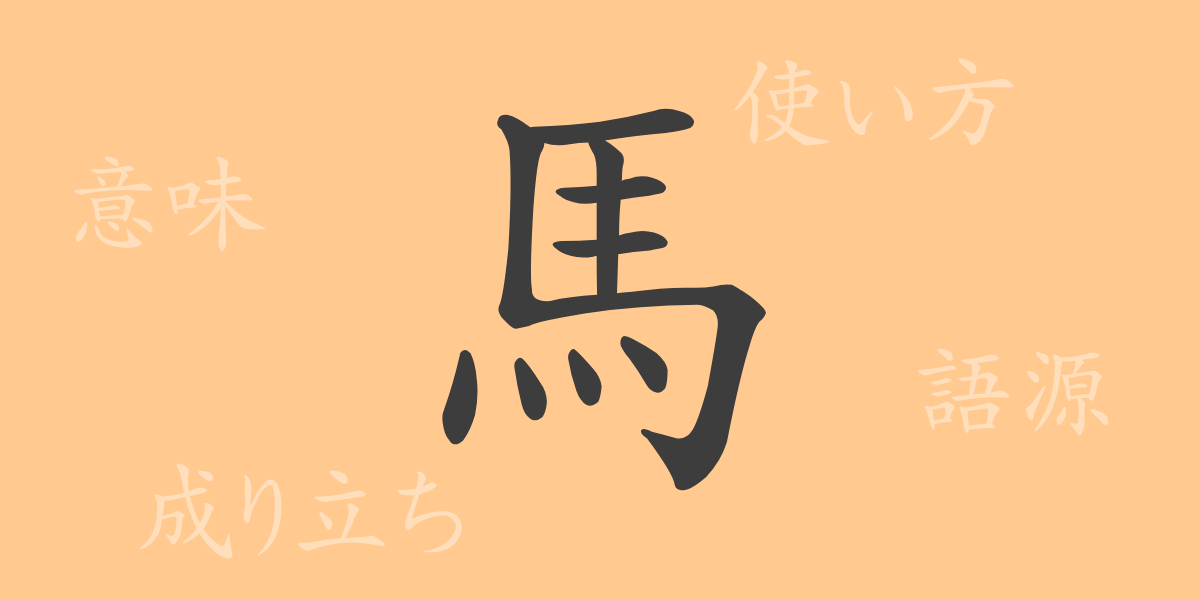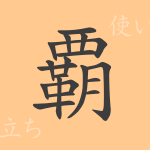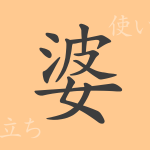Japan’s kanji “馬”(uma, horse) is deeply rooted in its culture, embodying strength and significance beyond being a mere creature. Historically indispensable for transportation, agriculture, and warfare, horses have been treasured throughout Japanese history. This article highlights the iconic kanji “馬”, exploring its origins, meanings, applications, and the idioms and proverbs associated with it, delving into its enduring allure.
Origins of 馬 (Horse)
The kanji “馬” derives from ancient Chinese pictographs, originally depicting the head and limbs of a horse. In ancient oracle bone scripts, it appeared more concretely as a horse, gradually simplifying over time to its current form. Given the crucial role horses played in Chinese history, the character was established early on.
Meaning and Usage of 馬
While primarily denoting the animal horse, “馬” extends to related concepts and symbols. For instance, “馬力” (horsepower) likens engine power to the pulling strength of horses. Conversely, “馬鹿” (foolish), combining horse and deer, strays from the original meanings to describe foolishness in people.
Readings, Stroke Count, and Radical of 馬
The kanji “馬” offers a variety of readings and interpretations, enriched by its form and meanings:
- Readings: On’yomi “バ” (ba), Kun’yomi “うま” (uma), “ま” (ma)
- Stroke Count: 10 strokes
- Radical: 馬部 (uma-hen, horse radical)
Idioms, Phrases, and Proverbs Using 馬
Idioms and proverbs featuring “馬” reflect its attributes and roles:
- “一馬力” (one horsepower) – the work capacity of one person.
- “馬が合う” (get along like horses) – to have compatible personalities or opinions.
- Proverb: “馬の耳に念仏” (a prayer in a horse’s ear) – denotes futile actions, akin to preaching to the unheeding.
Summary on 馬
The kanji “馬” not only represents the physical animal but also encapsulates a wealth of meanings reflecting Japanese life, culture, and sentiments. The robustness and grace of the horse continue to resonate through various expressions, illustrating the depth and nuances of the Japanese language through this singular character.

























